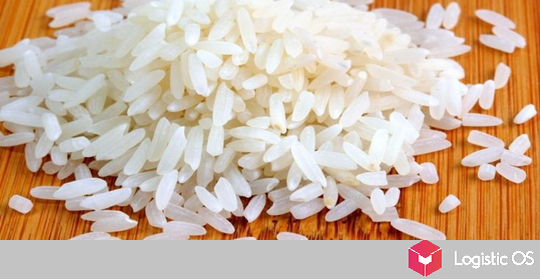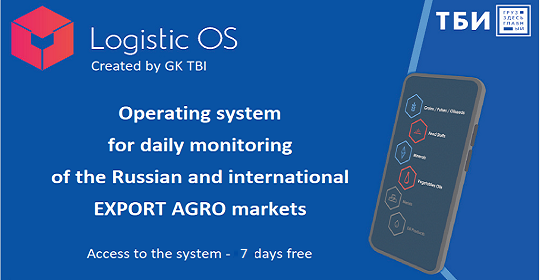According to the US Department of Agriculture, in general, the agricultural sector of Kazakhstan is doing well this season: sowing ended favorably.
However, Russia can cause some problems.
The US Department of Agriculture looks positively at the prospects of Kazakhstan this season: they believe that Kazakh farmers will be able to harvest up to 14 million tons of wheat, which is 1 million tons more than previously predicted.
At the same time, the «neighbor» in the face of Russia has become a source of several difficulties at once.
Active export of Russian grain to Kazakhstan
Last year, Russia gathered a very large harvest, which it seeks to export. A significant part goes to Kazakhstan (or through it).
Since Russia is ready to offer low prices, it is dangerous for its own producers.
Therefore, since April, Kazakhstan has introduced a ban on the import of grain from Russia by road for six months. True, this still does not completely save, because a large number of parties follow «gray schemes».
To prevent this practice, the authorities of Kazakhstan are planning to take a whole range of measures.
For example, to establish minimum prices at which grain can be purchased from the EAEU countries. And also apply navigation seals for trucks, which will allow you to establish where and where the goods are being transported.
In addition, it is planned to return VAT to grain market participants in order to cover re-export to third countries.
Increase in world grain prices
The fact that the Russian Federation withdrew from the Ukrainian grain deal has already led to a strong increase in quotations.
For example, September wheat futures on the Chicago Stock Exchange have already risen by 12%. For Kazakhstan, this is a negative, since it mainly imports wheat, and just from Russia.
So local officials even predict a possible increase in domestic prices, however, a small one.
Competition in foreign markets
Among other things, Kazakhstan has to fight with the Russian Federation for a place in the markets of third countries. For example, Iran.
Kazakhstan notes that Russian barley exports there remain high, and thanks to the reduction in export duties, the Russian Federation also has the opportunity to offer lower prices.
As a result, it is expected that the export of barley from Kazakhstan to Iran this season will slightly decrease and amount to about 850,000 tons.
At the same time, demand in the Iranian market is also declining, so the final volume of Kazakh deliveries may turn out to be even less.
By the way, Kazakhstan has its own wheat, but it is mostly soft varieties, so it is in low demand abroad and can hardly compete with Russian.

